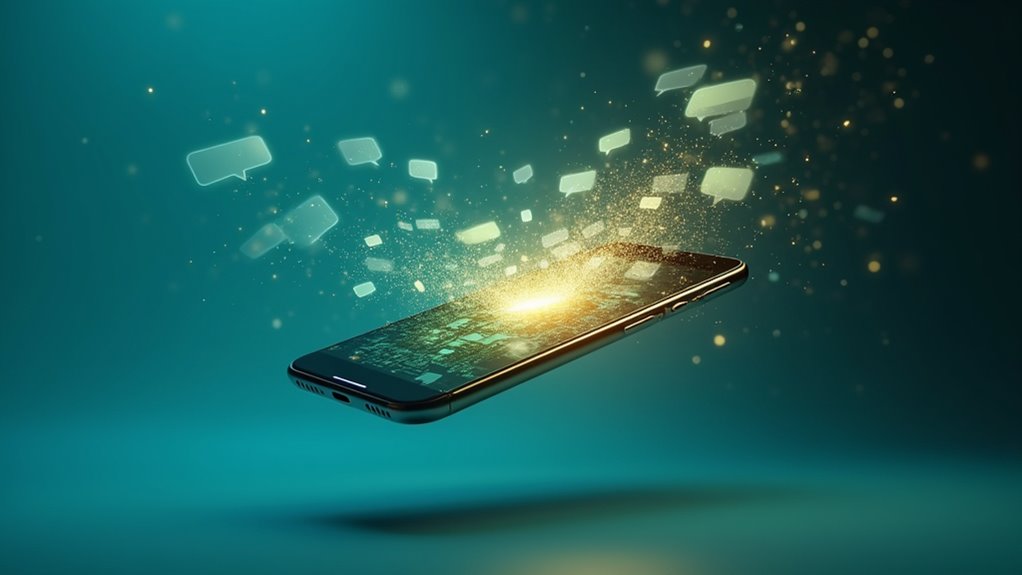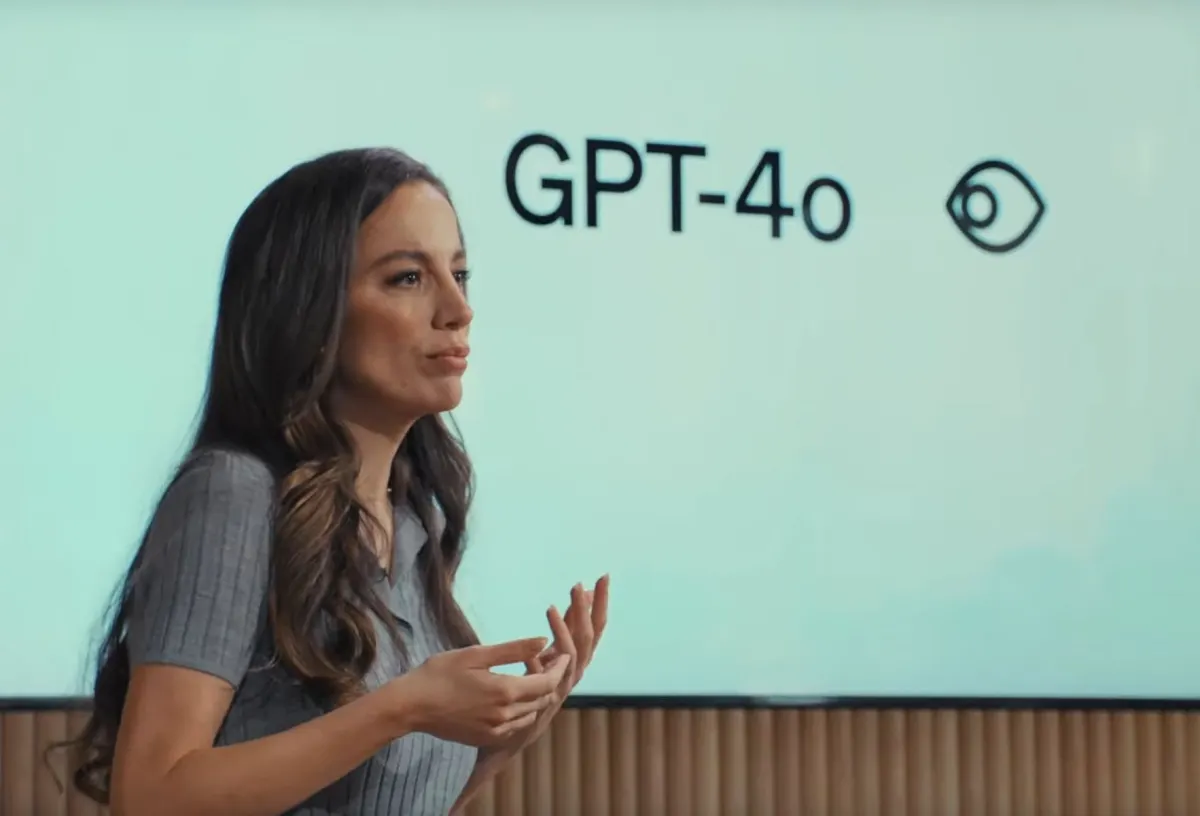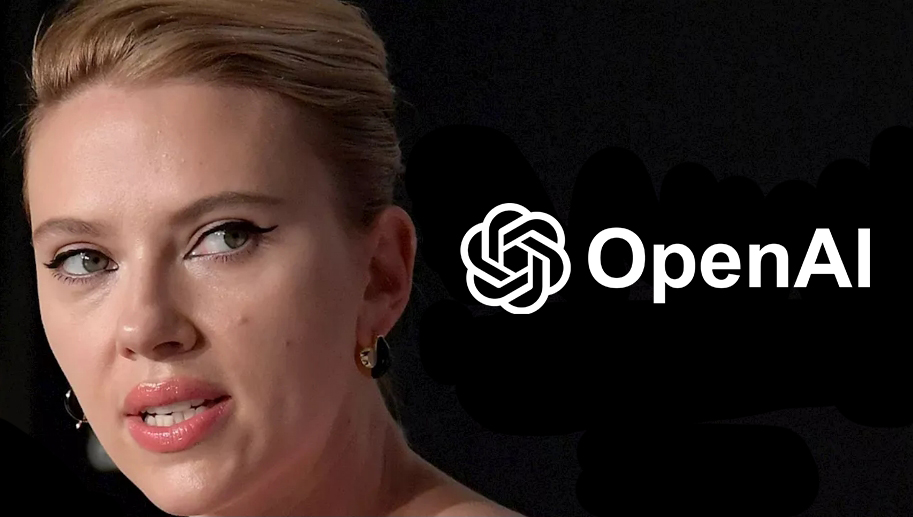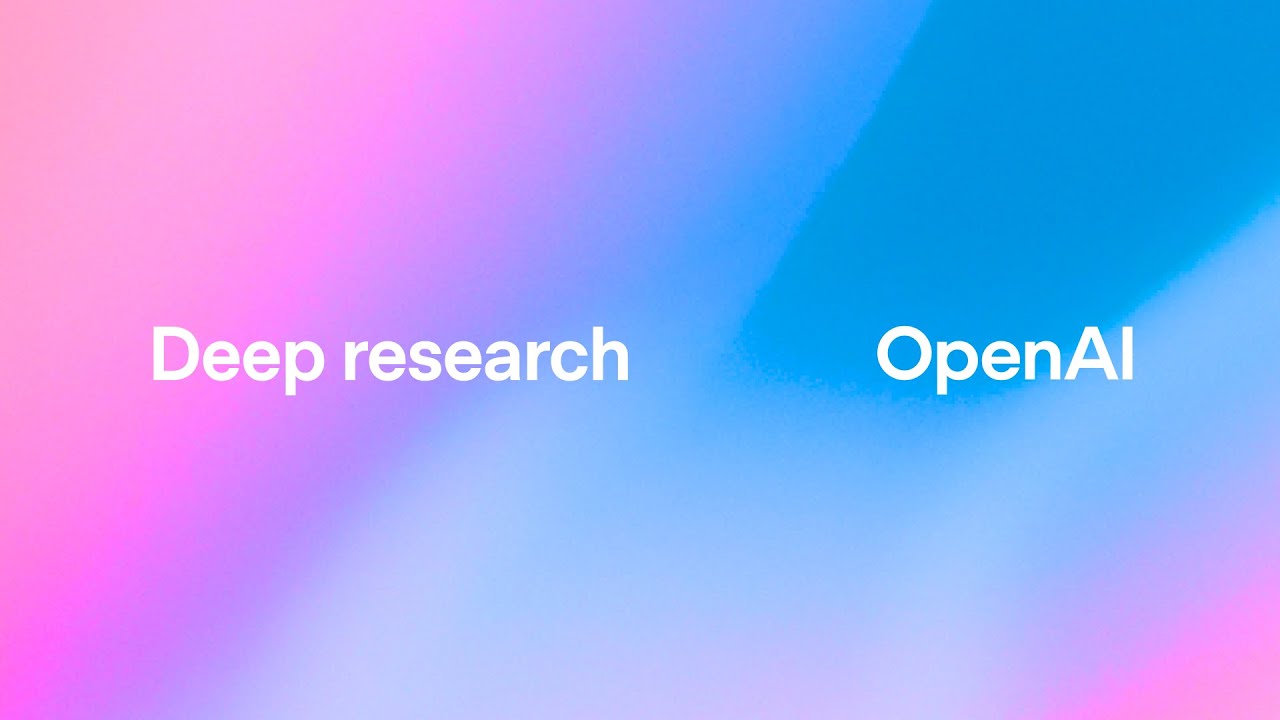OpenAI is making a power move into digital identity. By May 2025, ChatGPT’s 600 million users could ditch their Google and Apple logins for an AI-powered alternative that remembers everything from shopping preferences to work habits. Developers are being wooed with API credits ($5 for Plus users, $50 for Pro users), while users get personality customization options like “Chatty” and “Gen Z.” Your digital passport just got smarter—and potentially more invasive.
OpenAI published a webpage on May 28, 2025, gauging developer interest in this integration. The service targets everyone from scrappy startups to platforms with over 100 million users. With approximately 600 million monthly active users already on ChatGPT, they’re not exactly starting from zero.
This move puts OpenAI in direct competition with the identity titans – Google Sign-In, Apple ID, and Microsoft Account. The new feature could enable fast, secure authentication across various digital platforms. Remember when Facebook tried this? Pepperidge Farm remembers. But OpenAI might actually have a shot, given how central AI is becoming to our digital lives.
Sam Altman had hinted at broader consumer ambitions back in 2023, and now we’re seeing the chess pieces move. The company has already rolled out a developer preview through its open-source Codex CLI tool, even bribing – sorry, “incentivizing” – Plus users with $5 in API credits and Pro users with $50.
Imagine shopping sites remembering not just what you bought, but how you like to shop. Or productivity tools that know exactly how you structure your work. The potential applications extend across online shopping, productivity tools, and social media platforms. With AI projected to add 15.7 trillion dollars to the global economy by 2030, these identity services could play a crucial role in that growth.
The future isn’t just knowing what you bought, but how you prefer to shop, work, and interact online.
All this comes amid a flurry of ChatGPT updates. GPT-4 was retired on April 30, 2025, fully replaced by GPT-4o. The service also gained the ability to reference past conversations, added task management features, and introduced personality customization options like “Chatty” and “Gen Z” communication styles. The recently announced memory feature allows ChatGPT to better understand users over time by retrieving context from all previous interactions.
Will users trust an AI company with their digital identities? That remains to be seen. But as OpenAI continues building its ecosystem, one thing is clear – they’re no longer content being just a chatbot. They want to be your digital passport too.









